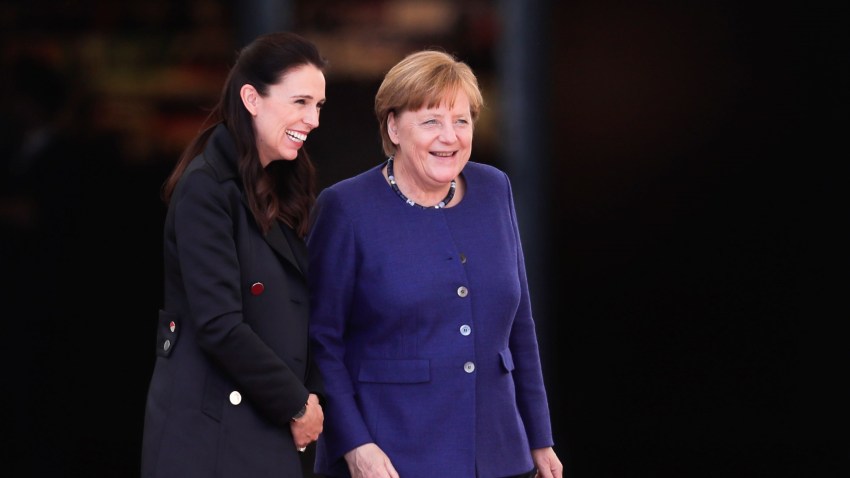There was a moment in 2020 when women’s political leadership was in the spotlight. From German Chancellor Angela Merkel and Iceland’s Prime Minister Katrin Jakobsdottir to Taiwanese President Tsai Ing-wen and New Zealand’s Prime Minister Jacinda Ardern, women leaders were seen to be winning the war against COVID-19, with their countries suffering fewer deaths than their neighbors.
Speculation arose as to whether and why women make better leaders, particularly in the context of crisis. Was it that these nations already prioritized care before they were led by women, or because they were wealthy democracies in which women were more able to become leaders? Was it purely coincidence that Taiwan, New Zealand and Iceland are all island nations, giving them a natural advantage in controlling the spread of the coronavirus? Or was there something about women’s abilities or style of leadership that set them apart in the pandemic?
The issue was never resolved, and as the economic and social impacts of lockdowns and the complexities of vaccination programs came to the fore, the pandemic-era conversation moved on.

